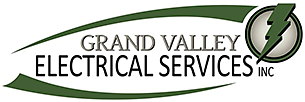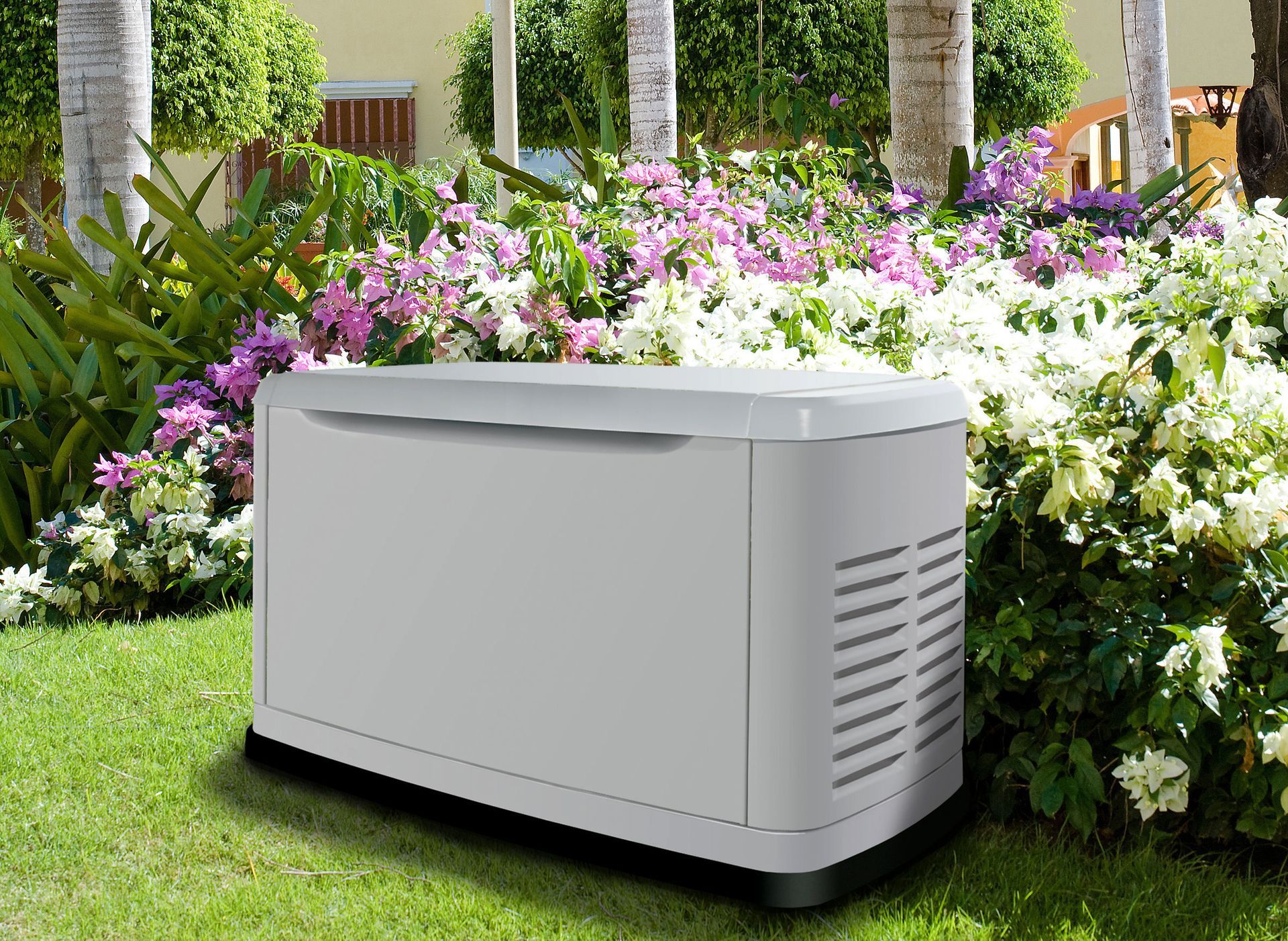3 Facts to Know About Residential Generators
With unexpected power outages increasing in frequency due to weather challenges, residential generators have become a valuable asset for homeowners. These devices ensure that you can keep your home running smoothly even when the electricity grid fails. Knowing a little about residential generators can help you make an informed decision when it comes time to purchase one. Whether you're looking for peace of mind or simply maintaining your family's comfort during emergencies, understanding generators' essential facts is vital.
1. Generator Type
Firstly, it's important to distinguish between the two main types of residential backup power generators. According to Technavio, the two most common types of generators are portable and standby. Portable generators are typically smaller, less expensive, and best used for short-term needs or light power outages. They can be moved and set up easily, making them ideal for temporary power solutions. Meanwhile, standby generators are permanently installed and automatically provide power to your home during outages, ensuring a consistent energy supply without needing manual intervention.
2. Generator Capacity
The capacity of a generator is another critical aspect to consider. Generators are available in a wide range of sizes, and the best one for your home will depend on your specific power needs. Smaller models might power essential appliances like refrigerators and lights, whereas larger, whole-house standby generators can seamlessly run your entire home's electrical system. It's essential to calculate your power requirements carefully to avoid purchasing a generator that's too small, which could lead to inconvenience during prolonged outages.
3. Generator Consumption
Furthermore, considering fuel type and consumption can help you make an informed choice. Generators typically run on gasoline, diesel, natural gas, or propane. Each fuel type has its advantages and disadvantages when it comes to availability, storage, and cost. For instance, while gasoline is ubiquitous, it can be less stable over time compared to propane or natural gas. Evaluating which fuel option aligns best with your needs and situation will aid in ensuring you have reliable power when required most.
Residential
generators offer a vital backup solution for maintaining power during outages. By understanding the differences between generator types, estimating your power needs, and evaluating fuel options, you can choose the right generator for your home. With the appropriate generator, you'll enjoy seamless comfort and peace of mind knowing that you're prepared for any electrical disruptions. Contact Grand Valley Electrical Services Inc to learn more!
service Area
Western Michigan
Grand Rapids, MI
and surrounding areas
Business Hours
- Mon - Fri
- -
- Sat - Sun
- Closed
Emergency Services by Appointment













Share On: